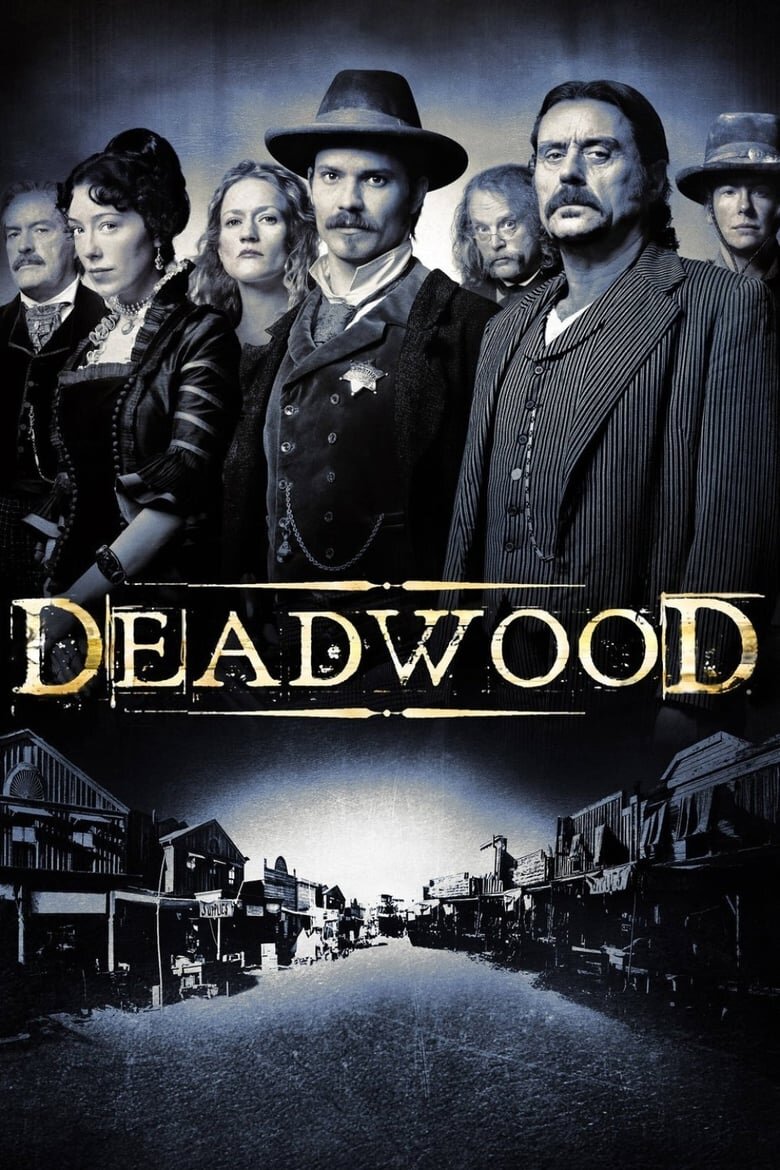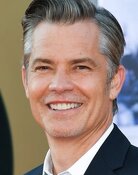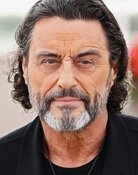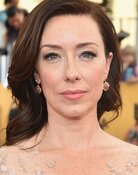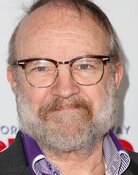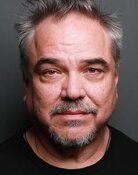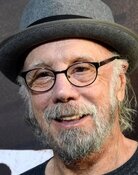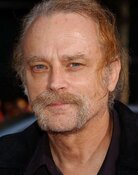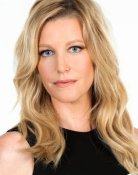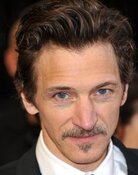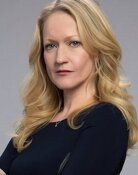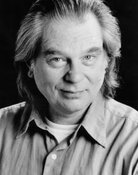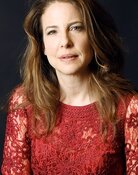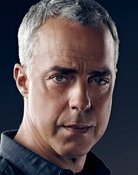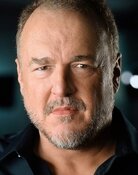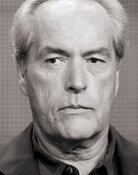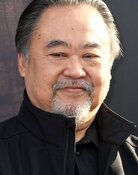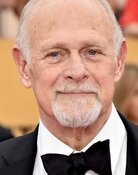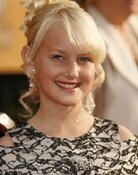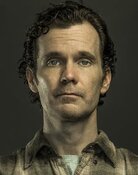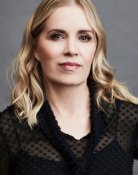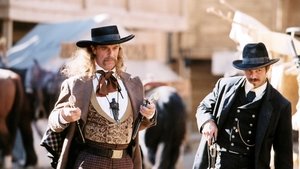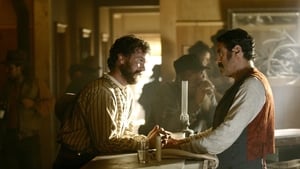"Let me say one thing, before anybody opens their mouths. I'm gonna say no more on the subject, and I'll be through for the fuckin' evenin'. I'm not impressed."
Among the ranks of TV shows, there's really only a handful that could live up to the title of "prestige TV"—there's
The Sopranos towering over the landscape,
The Wire criminally underrated until the buzzer sounded,
Breaking Bad blowing up into a blockbuster phenomenon,
Mad Men sliding in with its '60s gender studies disguised as a soap opera. And then there’s that itty bitty little corner right over there, where you find shows like
Deadwood sitting in the Cancelled-But-Beloved Lounge. Sure,
Deadwood got a movie in 2019 (which is more than you can say for most cancellations), but you can still hear the "biggest mistake HBO ever made" cries echoing across the Internet.
As someone who’s pretty reluctant about picking up cancelled shows — because I like my stories to feel like a complete package — I’ve made three exceptions:
Hannibal,
Firefly, and now
Deadwood.
So, was it worth it? Well... let's back up a bit first.
If you read my
Firefly review, you already know I'm not into westerns. Same way I’m lukewarm about medieval fantasies like
Lord of the Rings or Prohibition-era gangster flicks like
Boardwalk Empire. There’s just something... lame about the old-timey survivalist vibe — no lasers, no super-advanced robots, no pop culture touchstones. Just a bunch of grimy people trying to outlive dysentery. It's not even
alien enough to feel like fantasy — it’s just a crusty version of the world we already know. It can be fun when archaic cultures are fused with future tech (
Firefly,
Full Metal Daemon Muramasa), feeling more fresh and intriguing. But
Deadwood isn’t it. It’s as raw and mud-caked as you can get.
So if the setting won't hook me, how about the characters and themes? Here’s where things get interesting... eventually.
The pilot plays a subtle hand — a little too subtle at first. Without some outside guidance, it’s easy to mistake
Deadwood’s slow burn for plain broadness. But gradually, there's enough details here to intrigue me a little once I had a closer examination of the character beats. You’ve got Seth Bullock (Timothy Olyphant,
Scream 2's crazed Mickey Altieri) doing his best "lawman with a temper" impression and Al Swearengen the ruthless pimp and proprietor of the Gem Saloon (Ian McShane), who earns the nickname Swear-alot from me by the end of the episode. There's also Trixie (Paula Malcomson), one of Swearengen's beaten and cornered prostitutes, surviving more out of spite than strength, and Wild Bill Hickok (Keith Carradine, whom I mistook for Jordan Peterson for some reason), the mysterious gunslinger whose reputation is keeping everyone on the edge.
Swearengen is the more compelling character here that catches my attention a lot more, especially the way he manages his prostitutes with equal deftness and brutality. But the overall pilot has that very "first episode" vibe as it settles all the players down into their respective markups on-stage, setting the stage for Act One.
At first, I wasn’t impressed. I don’t mind slow burns.
The Wire was a slow burn and it too had an ensemble cast of diverse characters, and I loved it. But
The Wire also had a heavy reputation to push me along, and
Deadwood doesn’t have that same weight for me (more due to my own experience not hearing much about
Deadwood as I did with
The Wire; Idris Elba's presence helped A LOT to keep me watching). By the halfway point, I was already checking the timestamp. You've got plotlines about sheriffs imposing order, brothel violence, lawlessness — all the western checkboxes that lacked a distinct flavor. It felt like a more "gritty" but still run-of-the-mill western. You could swap out the profanity and brutality for something a little cleaner, and it’d basically be another episode of
Bonanza — except here everyone’s three seconds from cutting each other's throats.
Still, by the end, I did feel something special about the macrocosm of it all. Little character beats — like Trixie's haunted loyalty to Swearengen, Bullock and Hickok’s uneasy team-up against supposed "savages" that ended up not what you'd expect — hinted at a much more unique undercurrent. When I dug into some commentary (shoutout to Emily St. James at AV Club), the show's deeper framework clicked into place:
Deadwood isn't about the frontier mythology — it's about law forced into lawlessness, regardless of its consequences. It's about civilization forcing itself into existence, one hanging and backroom deal at a time. Kind of like
The Wire, but in reverse. I can work with that.
And I guess, what ultimately engaged me by the end - not nearly enough to impress me, but still - was the show’s authenticity. No self-congratulatory winks to modern values, no grandstanding about how "backward" the 1800s were.
Deadwood just
is — brutal, grimy, and unapologetic. It treats the western setting like the mud-caked, blood-soaked fever dream it must have been before people became more learned and tolerant, not romanticized or sanitized. As we all know by now, Manifest Destiny was a very romanticized notion, as is much of the western setting (especially in old timey Looney Tunes and Disney cartoons that didn't age well; hello
Censored Eleven), so it's nice to see the period being presented in its raw brutality and lawlessness without really making it gratuitous or exploitative. You can feel the danger and moral decay in the air as everyone in one hair trigger away from killing someone. And yet, interesting enough, folks like Bullock and Hickok here are trying to bring in some civilized sensibility around here, so that contrast and dynamic is worth sticking around to see how it rolls.
Aside from that, it’s still too early to judge. The pilot doesn’t punch you in the gut the way
The Wire’s "The Target" does, but given its large ensemble cast macrocosm, perhaps the game's just starting.
Here's to being impressed down the road.
